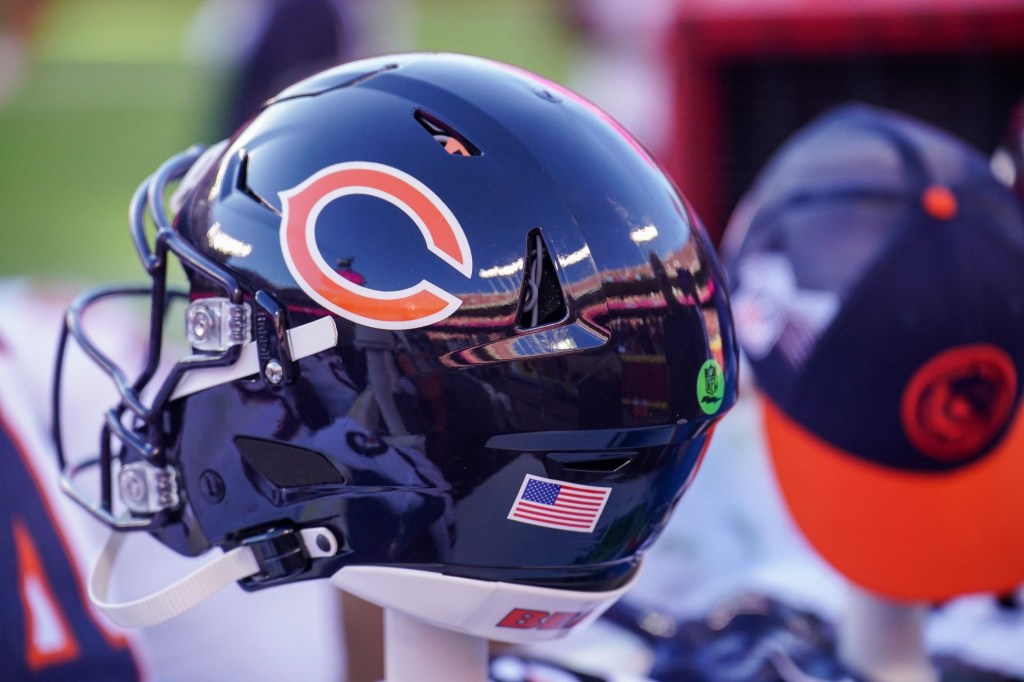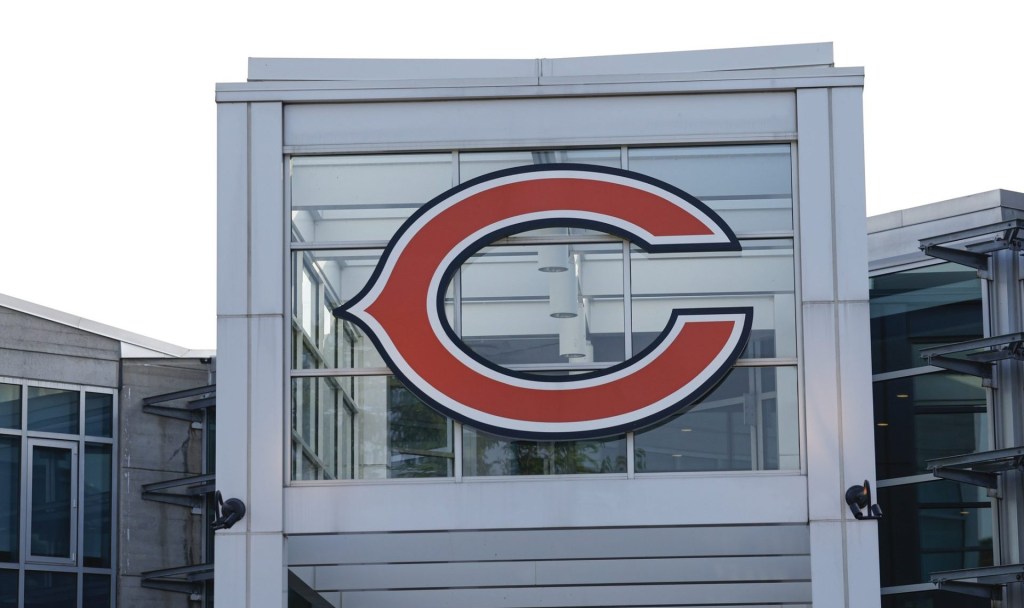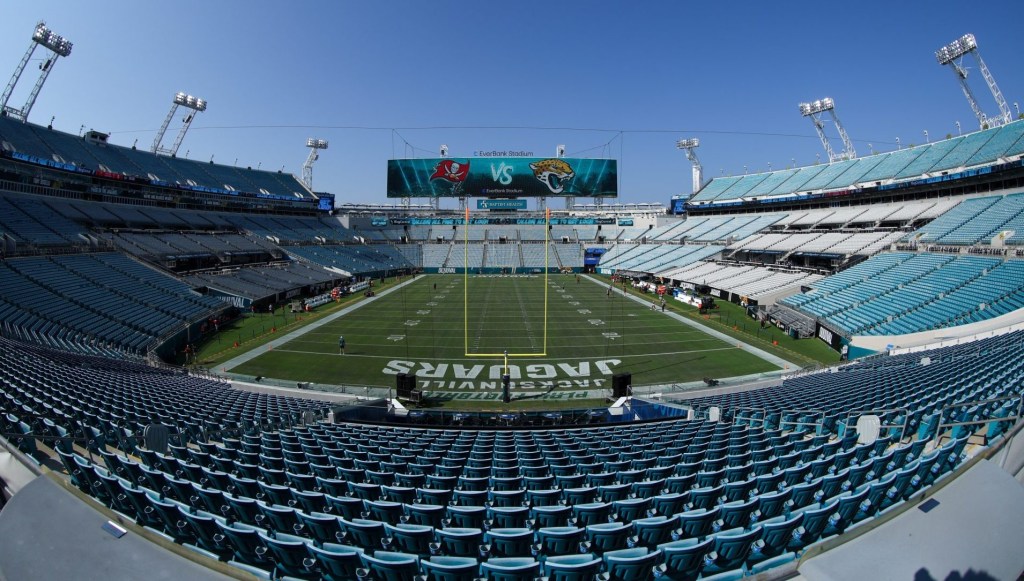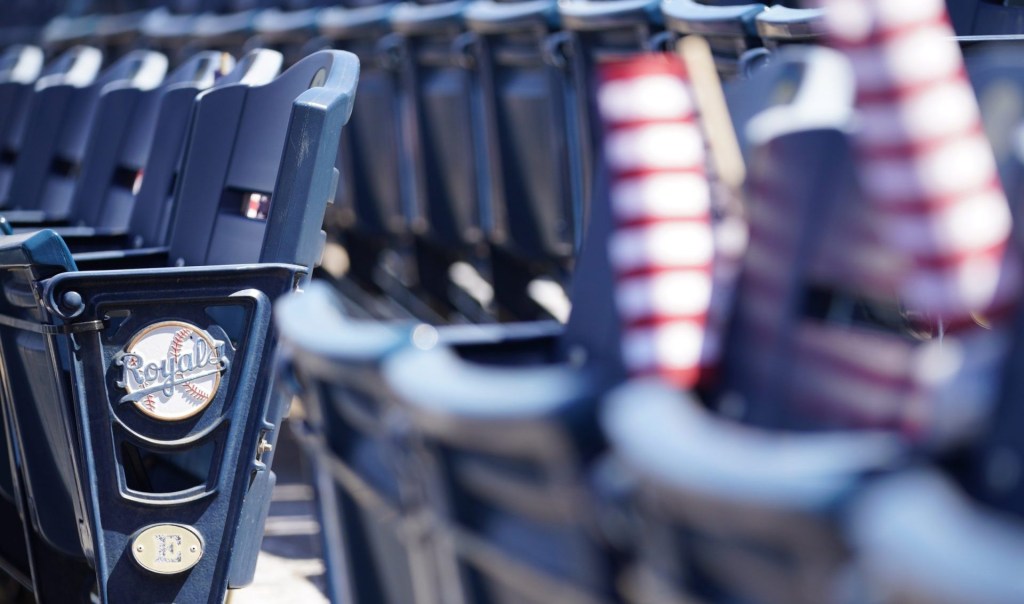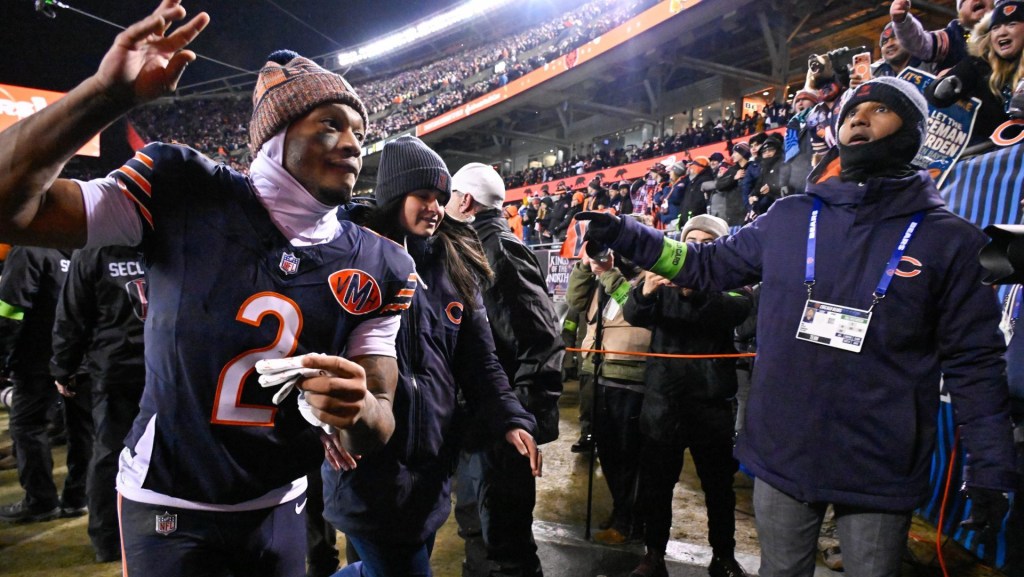The development, construction and upkeep of professional sports stadiums have historically invited all sorts of conflict, from owner infighting and local power struggles to presidential posturing. However, as of late, at least one consensus has emerged among the stadium stakeholder set: It’s more important than ever that sports venues also function as lifestyle and shopping destinations.
Speaking at Front Office Sports’ “Future of Sports: Stadium Sophistication” event Wednesday, Dan Costello, executive vice president and chief business officer of the Phoenix Suns and Phoenix Mercury, explained why.
“Every year, we have 89 basketball events that bring in roughly 18,000 people each time. Any time you have that kind of critical mass that often, you have to think about how retail experiences can get involved,” Costello said. “Being a place where people can come together and cheer on a team is powerful for brands that want to speak to consumers. I see [stadiums] really morphing into modern-day malls.”
Hannah Basinger, senior vice president of operations for the Atlanta Braves, echoed a similar sentiment when describing the vision behind The Battery, the popular mixed-use development that surrounds Truist Park, where the Braves play.
“We wanted to make sure that Braves baseball was acting as an engine for broader economic development. We’re the anchor tenant, but all these experiences around us—like dining and shopping and nightlife—make us a destination for the entire Atlanta community year-round.”
But it’s not just the regional business goals fueling this line of thinking among team and stadium executives. With ticket prices continuing to climb, they say, demand for elevated stadium experiences is also coming directly from fans.
“People are still craving the premium offerings that are available to them around the city even when they’re in the ballpark,” explained Basinger. The Braves have delivered on this expectation, including with the recent addition of an eight-stall food hall inside Truist Park that Basinger said represents “brands and flavors from all around Atlanta and the six states in Braves country.”
For their part, the Suns and Mercury are embracing a focus on in-arena membership clubs that offer fans exclusive experiences, like player autograph sessions or access to private dining rooms and lounges.
“Sometimes the game can even be an afterthought, and that’s OK—we just want to provide a great night out,” said Costello, who also noted that his organization may one day add things like an “auto dealership or showroom” to the grounds of Phoenix’s Mortgage Matchup Center.
The trend of transforming arena spaces into more than just concession stands and team merchandise shops is cropping up elsewhere in the sports venue ecosystem, too.
Luke Tingle, project executive at Daktronics, which produces video boards and other large-scale LED displays, said his company has been fielding more advertising-driven requests to place their screens “outside of arena bowls.” Meanwhile, companies like ASB GlassFloor, which makes LED athletic flooring, aim to turn sports surfaces themselves into dynamic, always-on advertisements.
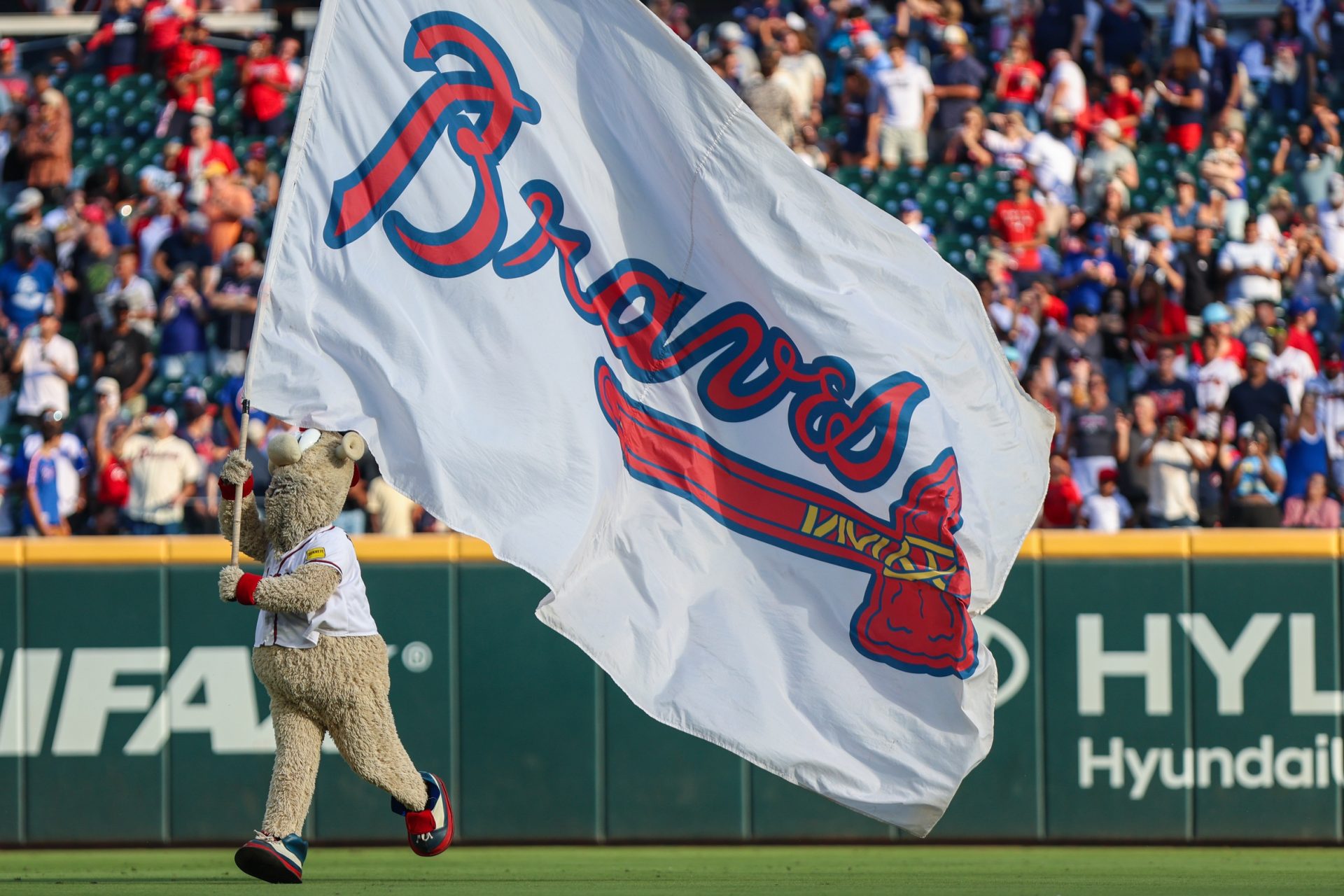
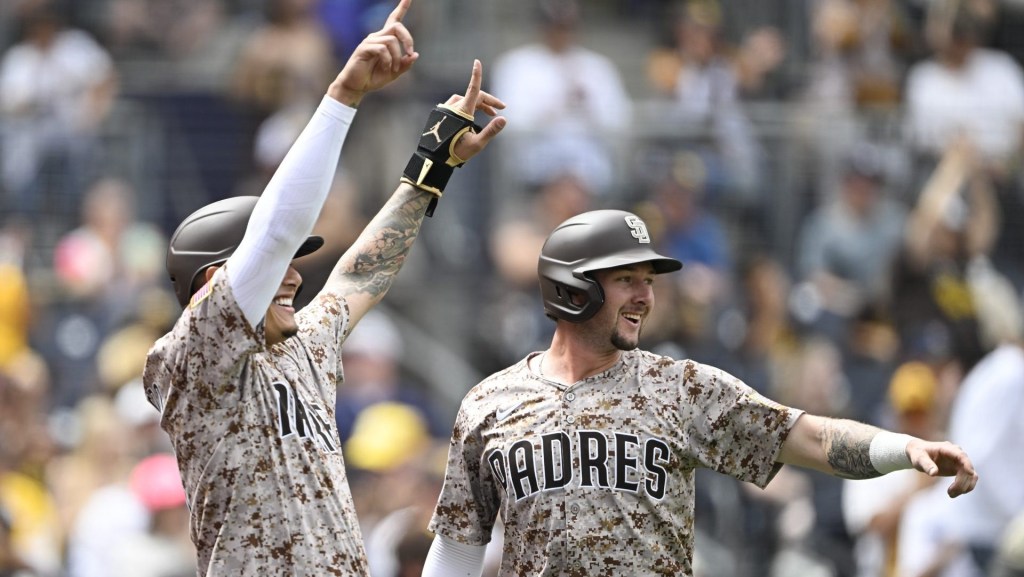

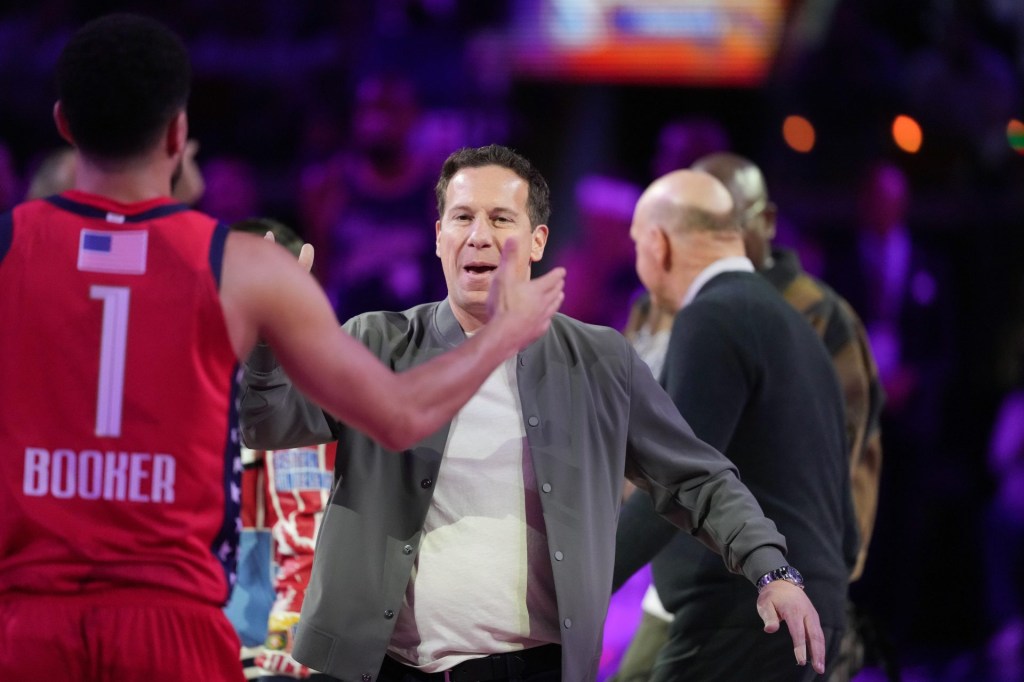
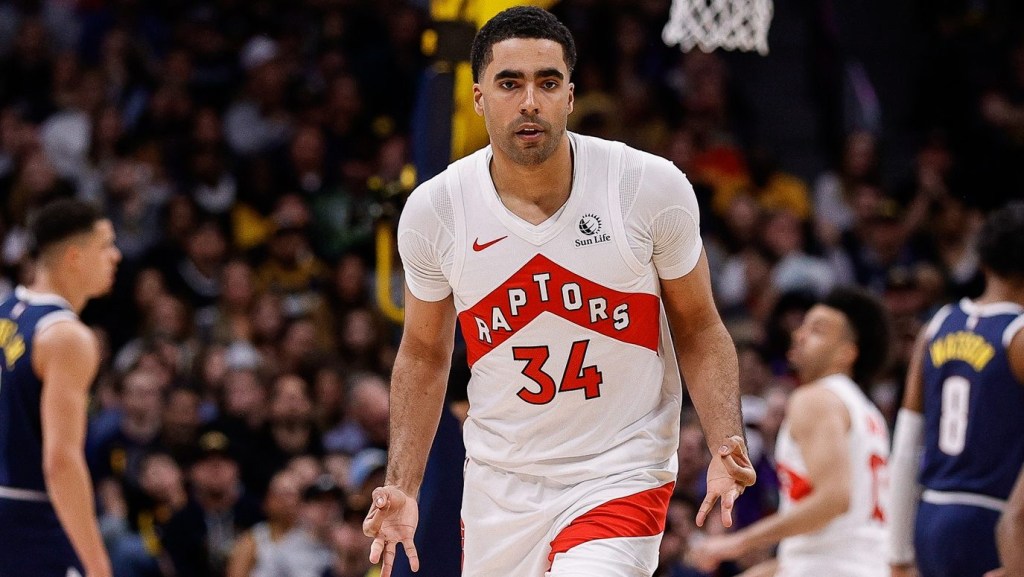
![[Subscription Customers Only] Jun 15, 2025; Seattle, Washington, USA; Botafogo owner John Textor inside the stadium before the match during a group stage match of the 2025 FIFA Club World Cup at Lumen Field.](https://frontofficesports.com/wp-content/uploads/2026/02/USATSI_26465842_168416386_lowres-scaled.jpg?quality=100&w=1024)
![[Subscription Customers Only] Jul 13, 2025; East Rutherford, New Jersey, USA; Chelsea FC midfielder Cole Palmer (10) celebrates winning the final of the 2025 FIFA Club World Cup at MetLife Stadium](https://frontofficesports.com/wp-content/uploads/2026/02/USATSI_26636703-scaled-e1770932227605.jpg?quality=100&w=1024)


